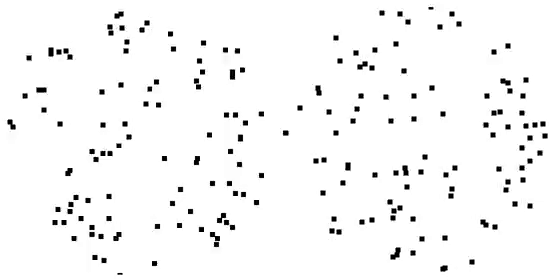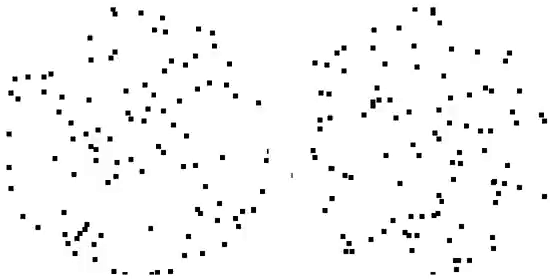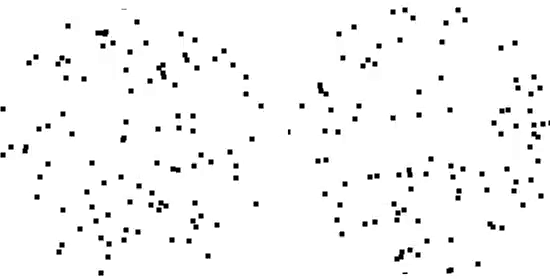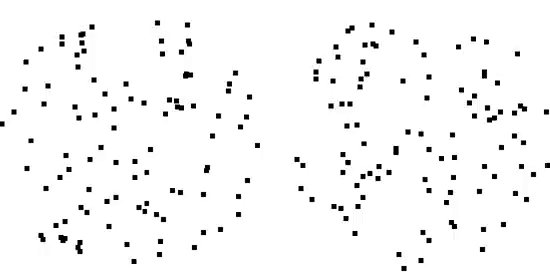Vision Research, 44, 3111-3118.
Sensitivity to linear-speed-gradient of radial expansion flow in infancy.
*Shirai N. ** Kanazawa S. & * Yamaguchi M.K.
* Department of psychology, Chuo University, Tokyo, JAPAN
** Department of psychology, Shukutoku University, Chiba, JAPAN
|
Abstract A radial expansion flow having a linear-speed-gradient (linear-grad) creates robust perception of a rigid object moving-in-depth [Perception 19 (1990) 21]. It has been reported that sensitivity to a linear-grad of radial expansion emerges at 2 months of age [Infant Behavior and Development 17 (1994) 165]. In the present study, we examined the development of sensitivity to the linear-grad of radial expansion after 2 months of age with three experiments. A total of 197 2- to 5-month-old infants participated. The results showed that sensitivity to the linear-grad improves between 2 and 3 months of age (Experiment 1), and that the infants may discriminate between an expansion having linear-grad and that having zero-grad based on their perception of motion-in-depth (Experiments 2 and 3). Keywords: Infant; Motion perception; Radial expansion; Linear-speed-gradient |
Experiment 1

|
--Both the 2- and 3-month-olds discriminated between these two motions significantly.

|
--Only the 3-month-olds showed significant discrimination between these two motions
Experiment 2

|
--Both the 2- and 3-month-olds faild to discriminate between these two motions.
Experiment 3

|
--Both the 2- and 3-month-olds faild to discriminate between these two motions.